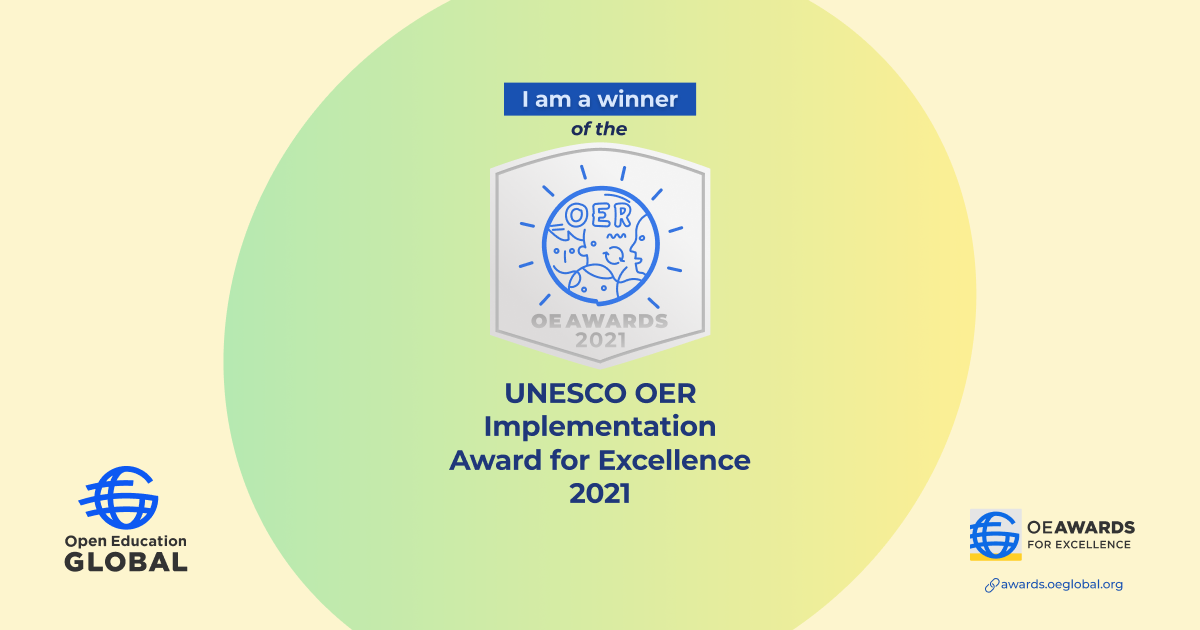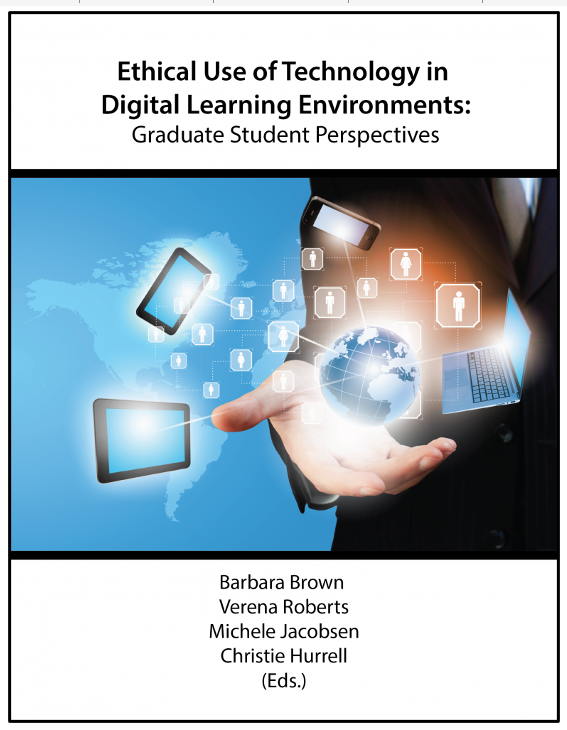I will be moderating a panel discussing Artificial Intelligence (AI) in education at an upcoming session that is part of the #ETMOOC2 Artificial Intelligence and You mini MOOC. Free Registration – https://sites.google.com/view/etmooc-two/
This blog post provides information about how I used Chat.openai.com to help plan the panel presentation.
I started with the INPUT PROMPT:
Improve the following promotion message for a panel presentation about using artificial intelligence in educational contexts: Join us for a conversation about the possibilities for using artificial intelligence in educational contexts. Panelists will discuss perspectives around ethics, equity, and accessibility. They will share ideas about the issues and questions that are commonly asked about using AI, global trends, tenets and guiding principles and will showcase some grassroot applications for prioritizing equity, diversity, and inclusion in learning designs.
Chat.openai.com generated OUTPUT:
Looking to explore the exciting possibilities of using artificial intelligence in educational contexts? Join us for an engaging panel presentation featuring leading experts in the field. Our esteemed panelists will delve into the key ethical considerations surrounding AI, as well as issues of equity and accessibility in educational settings. From global trends to tenets and guiding principles, our experts will share their insights and offer actionable strategies for leveraging AI to prioritize equity, diversity, and inclusion in learning designs. Whether you’re an educator, a student, or simply curious about the potential impact of AI in education, this is an event you won’t want to miss. So mark your calendar and join us for a thought-provoking conversation that promises to inspire and inform! (OpenAI, 2023)
Here’s my revised version based on the ChatGPT-generated output (OpenAI, 2023):
Looking to explore the exciting possibilities of using artificial intelligence in educational contexts? Join us for an engaging panel presentation featuring leading experts in the field. Our esteemed panelists will delve into the key ethical considerations surrounding AI, as well as issues of equity and accessibility in educational settings. From global trends to tenets and guiding principles, our experts will share their insights and offer actionable strategies for leveraging AI to prioritize equity, diversity, and inclusion in learning designs. Whether you’re an educator, a student, or simply curious about the potential impact of AI in education, this is an event you won’t want to miss. So mark your calendar and join us for a thought-provoking conversation that promises to inspire and inform on May 3, 2023 at 7pm!
Registration Link – https://sites.google.com/view/etmooc-two/home?authuser=0
Next, I started crafting questions for the panelists and a timeline/plan for the panel. Once I had a working draft, I thought it might be helpful to try a new prompt to see if I missed any key questions or if there was anything I should consider as the moderator.
INPUT PROMPT:
Provide a plan for the panel presentation with questions the moderator could ask three panelists. One panelist is an expert in global trends, research and ethics, and misconduct. The second expert has a focus on teaching and equity, diversity and inclusion in a faculty of education. The third expert has expertise in assessment and accessibility. (I realized that I spelled accessibility incorrectly in my prompt and this did not impact the output).
Chat.openai.com generated OUTPUT:
Panel Presentation Plan:
I. Introduction
- Welcome and brief overview of the panel presentation
- Introduce the panelists
II. Panel Discussion
- Moderator poses questions to each panelist
- Panelists provide their insights and responses
- Moderator encourages cross-panelist dialogue
III. Q&A with the Audience
- Moderator opens the floor to questions from the audience
- Panelists provide responses and insights
IV. Conclusion
- Moderator provides a summary of the key takeaways
- Encourages further discussion and exploration
Moderator Questions:
1. For the panelist with expertise in global trends, research, and ethics:
- How do you see AI shaping the future of education on a global scale?
- What are some ethical considerations that must be taken into account when implementing AI in educational contexts?
- What are some examples of AI-related misconduct in educational settings, and how can they be prevented?
2. For the panelist with a focus on teaching and equity, diversity, and inclusion in a faculty of education:
- In what ways can AI be leveraged to promote equity, diversity, and inclusion in education?
- How can educators ensure that AI tools are accessible to all students, regardless of their background or ability?
- What are some challenges that educators may face when integrating AI into their teaching practice, and how can they be overcome?
3. For the panelist with expertise in assessment and accessibility:
- What are some examples of AI tools that can be used to improve assessment and evaluation in education?
- How can AI be leveraged to make educational resources more accessible to students with disabilities?
- What are some potential drawbacks or limitations of using AI in assessment and accessibility, and how can they be addressed? (OpenAI, 2023)
I reviewed my questions and added some of the ideas from the output (OpenAI, 2023) to the panel presentation plan. Next, I shared the questions with the panelist to seek feedback and plan to continue working with the panelists to refine questions up to the date of the panel. I hope you can join us for the panel on May 3, 2023 for the #ETMOOC2 AI and You mini MOOC and ask your questions too!
Reference
OpenAI. (2023). ChatGPT (Apr 3 version) [Large language model]. https://chat.openai.com/chat
Note: Format for citation and reference based on APA Style “How to cite ChatGPT” blog post https://apastyle.apa.org/blog/how-to-cite-chatgpt




